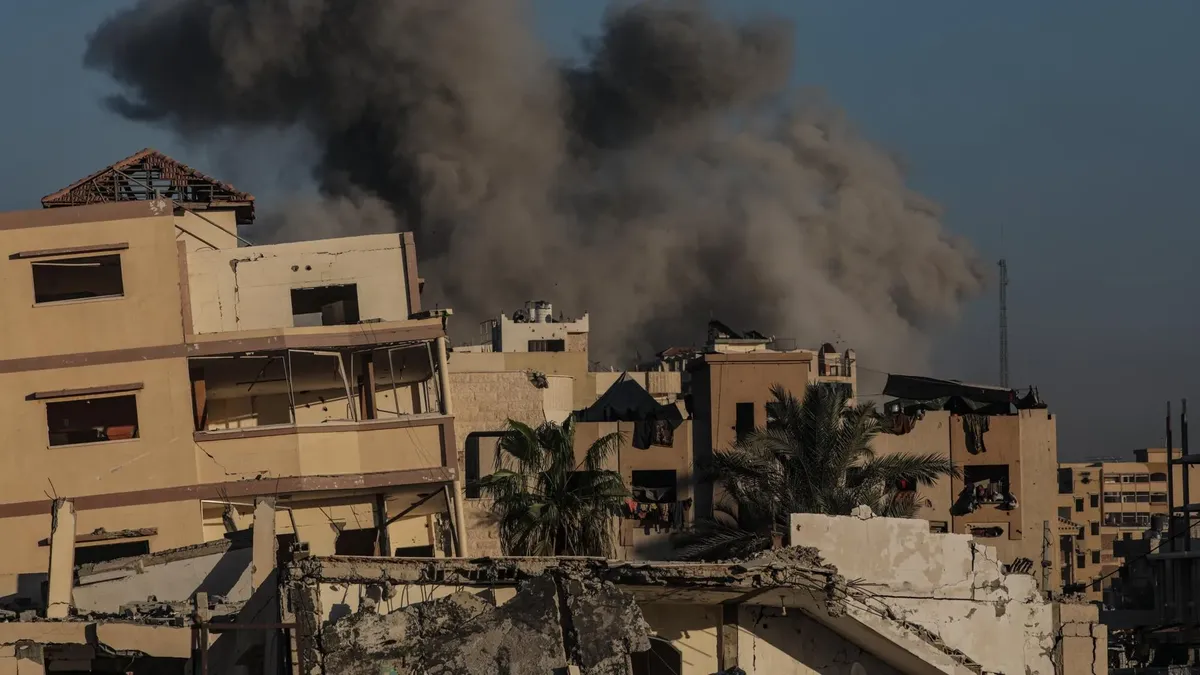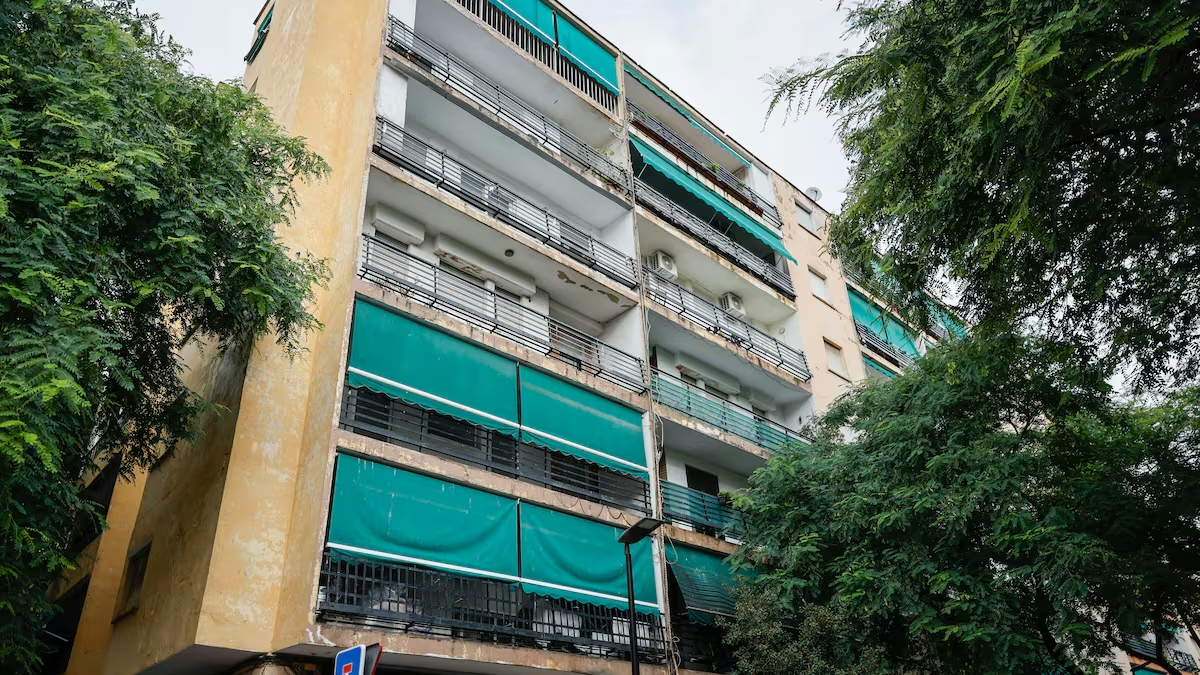“We have to start repatriations before the gates of the EU. That is why we are currently working with the Slovenian President of the Council to organize a ministerial conference on the subject of returns in order to promote this in other countries in the Balkan region and to get other EU ministers on board “said Nehammer. Once again, he presented himself as a hardliner on the migration issue. “The point now is to finally send the right signals: Don’t take the dangerous path, there is no authorization to stay here, it makes no sense.”
The conference is to be organized in cooperation with the platform against illegal migration founded in Vienna last year. Its aim is to coordinate measures along the eastern Mediterranean route in the areas of border protection, anti-smuggling, returns and rapid asylum procedures.
Kosovo, Albania and Montenegro are on the interior minister’s travel plan on Tuesday and Wednesday. On Tuesday lunchtime, Nehammer met his counterpart Xhelal Svecla in the capital Pristina. The current Serbia-Kosovo conflict was also discussed. In addition, a stronger cooperation to combat illegal migration was agreed with Svecla. “Kosovo is a very important partner for Austria when it comes to fighting organized crime and people smuggling,” said Nehammer. Together with Svecla it was agreed to “further intensify the cooperation at the police level”. Svecla also pointed to the good cooperation with Austria, and they were “very grateful” for their support.
60,000 migrants currently in Greece
Around 60,000 illegal migrants would currently be in Greece and the Western Balkans. Many people who have been there for a long time are currently trying to get to Central Europe, the pressure of migration is rising again, said Gerald Tatzgern, head of the central office for combating smuggling crime in the Federal Criminal Police Office in the Ö1 morning journal. The Balkans are more or less empty. In addition, Greece has carried out numerous asylum procedures in recent years, which has also led to a significant reduction in the number of refugees along the eastern Mediterranean route.
Nehammer had already traveled to the western Balkan countries of North Macedonia, Bosnia-Herzegovina and Serbia at the end of April. The main topic in spring was a so-called “return plan” for migrants who are not likely to stay in their countries of origin. A lot has happened in Bosnia since then. “After long efforts, Bosnia has now been able to ratify a return agreement with Pakistan. Austria has intensively supported the Bosnian authorities in training return specialists via the platform against illegal migration and is doing so on an ongoing basis,” said Nehammer. The Minister of the Interior reported that the Bosnian authorities are already exploring which people are eligible for returns.




